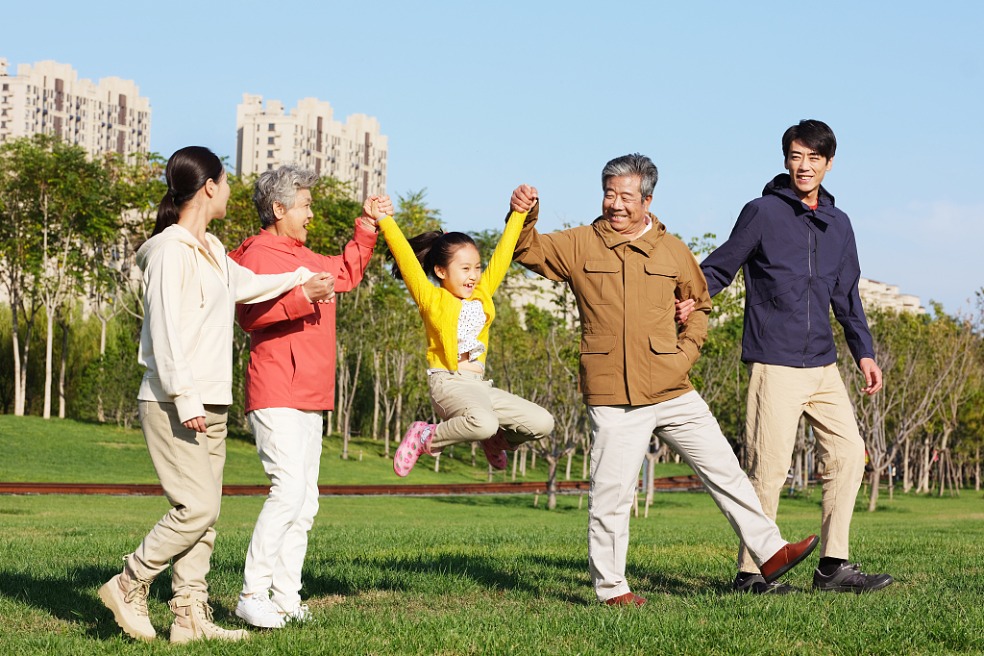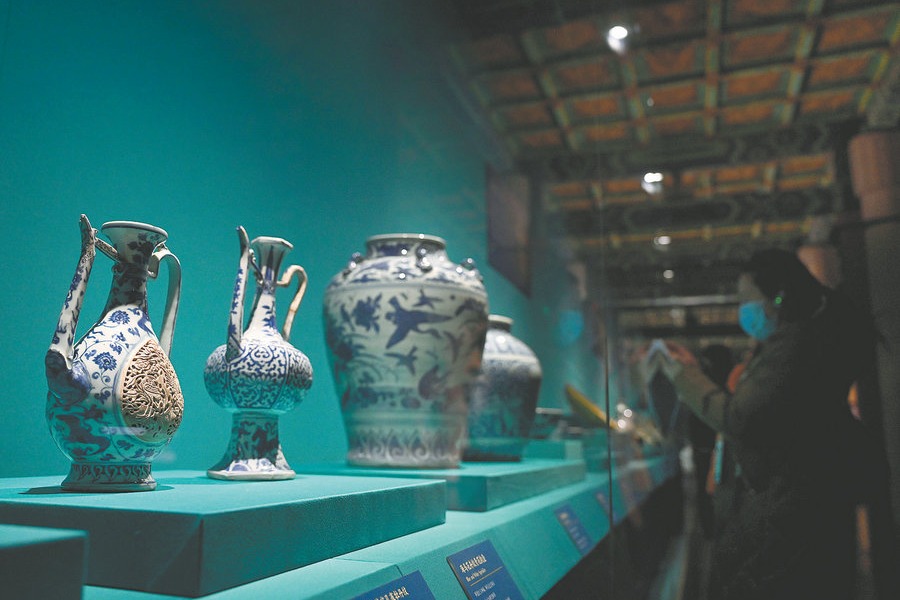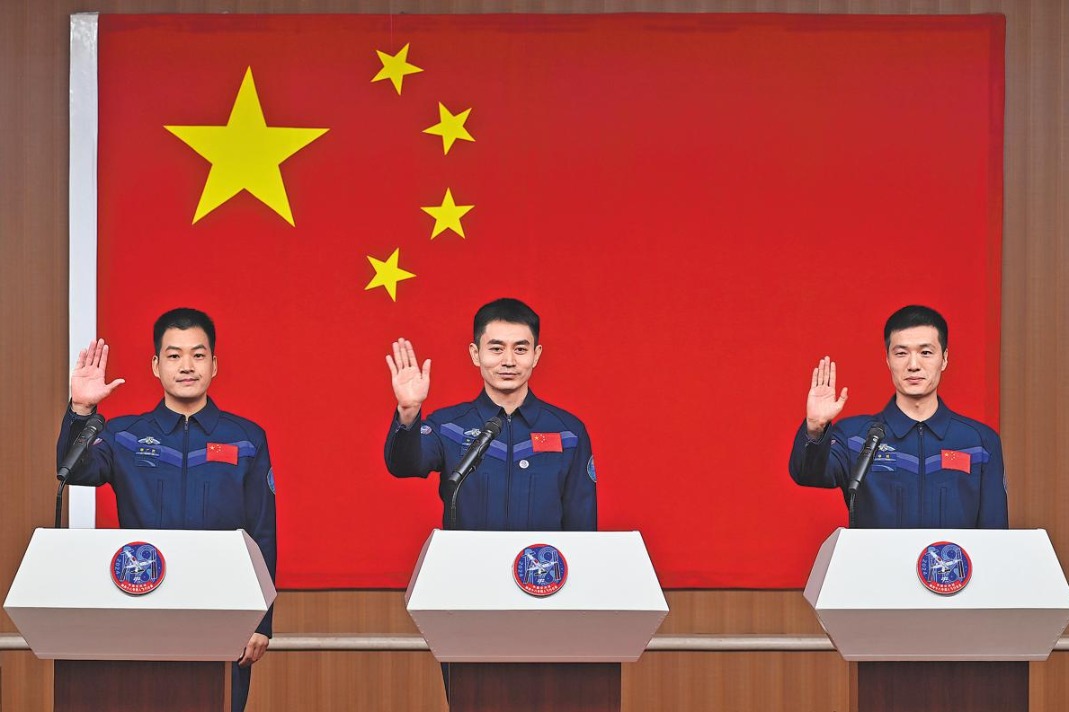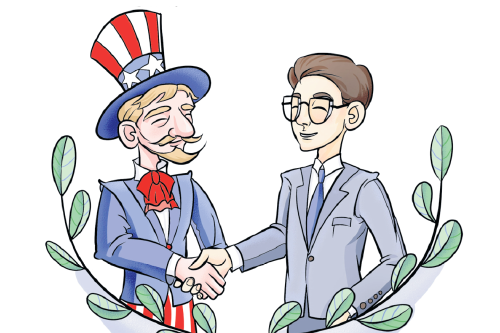Traditional culture key to national identity


Editor's note: President Xi Jinping reiterated the importance of traditional Chinese culture at the closing of the first session of the 13th National People's Congress on March 20. Two experts share their views with China Daily's Yao Yuxin on why traditional culture is important for China's national rejuvenation. Excerpts follow:
Cultural confidence will better convey China's voice
The 5,000 years of Chinese history and culture reflect China's values and national identity, and play a key role in boosting cultural self-confidence. China's spiritual and cultural heritage has not only enhanced the cohesion of the Chinese people and nation, but also made a significant contribution to world civilization.
As a great power, China should strengthen internal cohesion as well as become more attractive to outsiders, in order to better integrate with the rest of the world. In fact, the Belt and Road Initiative has been playing an increasingly important role in this regard.
But in comparison with its unprecedented economic rise, China has limited cultural influence both at home and abroad. No wonder some Western countries even consider China's rise as a big threat.
Traditional Chinese culture can help remove such unwarranted fears of these countries, by making China more attractive to foreigners and convincing the outside world of China's peaceful development. After all, China has always believed in "harmony but not sameness, diversity but not confrontation".
If traditional culture is boosted like popular culture, it will attract more ordinary people, for which the Chinese media's role is vital. The media must also interpret the essence of traditional culture in a way that can also attract people overseas.
But more patience and time are needed to improve China's soft power, as excessive haste or eagerness could have the opposite effect and further alienate the skeptics.
Therefore, the government should promote traditional culture that is closely connected with people's normal life. In addition, the media can play a big part in improving the cultural self-confidence of the Chinese people, which will enable them to more convincingly convey China's voice to a wider foreign audience.
Zhang Yiwu, a professor of Chinese literature at Peking University
Bridge between youths and traditional culture needed
China's impressive economic development has greatly raised the living standards of the Chinese people; but it has also given rise to some imbalances in society. Money-minded people with a lack of ethics and moral standards have created many problems, such as food and medicine safety scandals.
In such times, the revival of traditional culture will inject the much-needed spirit of integrity, kindness and fair play into society.
The revival of traditional culture is not only related to education and ethics, but also is a strategic issue, as Chinese culture has served as the foundation for socialist theories and principles with Chinese characteristics. Therefore, without the support of traditional culture, socialism with Chinese characteristics cannot be fully established.
To boost cultural self-confidence, Chinese culture should occupy the prime place while outstanding cultural achievements of other countries can be used as lessons.
Apart from that, Chinese society should also assimilate the thoughts of different schools including Confucianism, Taoism and legalism, in order to meet all kinds of challenges with vitality. For example, Taoism stresses the importance of harmony between man and nature and legalism will promote the rule of law.
By pursing mutual benefit and peaceful development, the Tang Dynasty (618-907) enjoyed high prosperity and friendly relations with its neighbors. And today, China's road to future development is through building a community of shared future for humankind.
Another effective way of modernizing traditional culture is to connect it with the young generation.
Ye Zicheng, a professor of diplomacy department, School of International Studies, Peking University


































